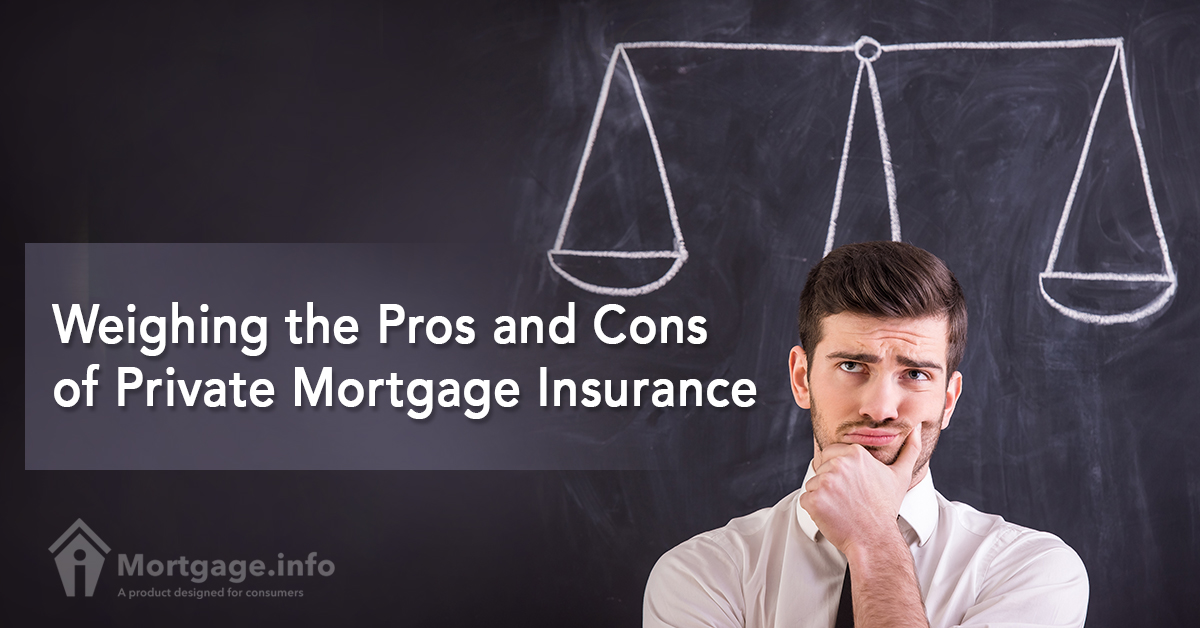Private mortgage insurance is an expense related to taking out a mortgage. It can be avoided but most of time where low down payments are concerned, you just have to make a room for it in your monthly mortgage payment. Is it really that bad to have a PMI? Is PMI of any benefit at all?
Benefits of PMI?
Let’s take a look at PMI’s good points.
1. PMI helps borrowers without 20% down payment. Conventional mortgages would normally require a downpayment of 20% of the purchase price. But what if you can only come up with 5%? You can still have a go at the home by taking out a mortgage insurance. This will make your loan “conforming” by Fannie Mae and Freddie Mac’s standards.
2. PMI can be lender-paid. There are many ways to pay for the mortgage insurance. Most often, you have to pay for it on a monthly basis, being added to your monthly mortgage payment. Other lenders would ask a one-time upfront mortgage insurance payment at closing.
Your lender may offer to make the upfront insurance payment through the lender-paid mortgage insurance (LPMI) option. The cost will then be passed on to you in the form of a higher loan rate. The LPMI option is available to borrowers who have high credit scores.
It’s best to ask your lender/lenders when shopping for loans about the payment schemes for PMIs.
3. PMI is not forever. At any point in your mortgage whereby the amount you owed on your mortgage vis a vis the value of property reaches 80% or your equity reaches 20%, you can ask your lender to cancel the private mortgage insurance. This is done in the form of writing and an appraisal of the property has to be conducted. If the request to cancel your PMI is approved, then you can be freed of your private mortgage insurance.
4. PMI can be tax deductible. Your mortgage insurance premiums can be treated as a home mortgage interest rate. The IRS says the mortgage insurance must be in connection with a home acquisition debt and the related mortgage insurance contract must be issued after 2006. Your savings would depend on your income bracket.
Downsides of PMI
How about PMI’s not-so-good parts?
1. PMI is costly. The cost of private mortgage insurance can be between 0.25% and 1.50% of the total loan amount. A few hundred dollars on top of your monthly mortgage payment could go a long way, e.g. for other instalment debts. If you have paid for your mortgage insurance upfront, it won’t be returned to you.
2. PMI is not easily cancelable (and may go on for a long time). It takes years to build equity enough to get rid of the PMI. But there are mortgage insurance contracts that would still require you to continue paying even if you reached the equity requirement. And the actual cancellation of the PMI could take months.
3. PMI is not for you. Unlike other insurance plans where you or your kids are beneficiaries, a mortgage insurance is taken for the lender’s benefit to cover its losses in the event you default on your loan. You won’t benefit from it after paying it in full.
4. PMI may not be subject to tax deductions. This can be true if you and your spouse, on a combined basis, make more than $110,000 a year.
A PMI is not entirely bad or good. It strikes a balance between your interest as a borrower and your lender’s interest. If you’re one of those who can’t really afford a huge down payment, PMI is something of a consideration.

